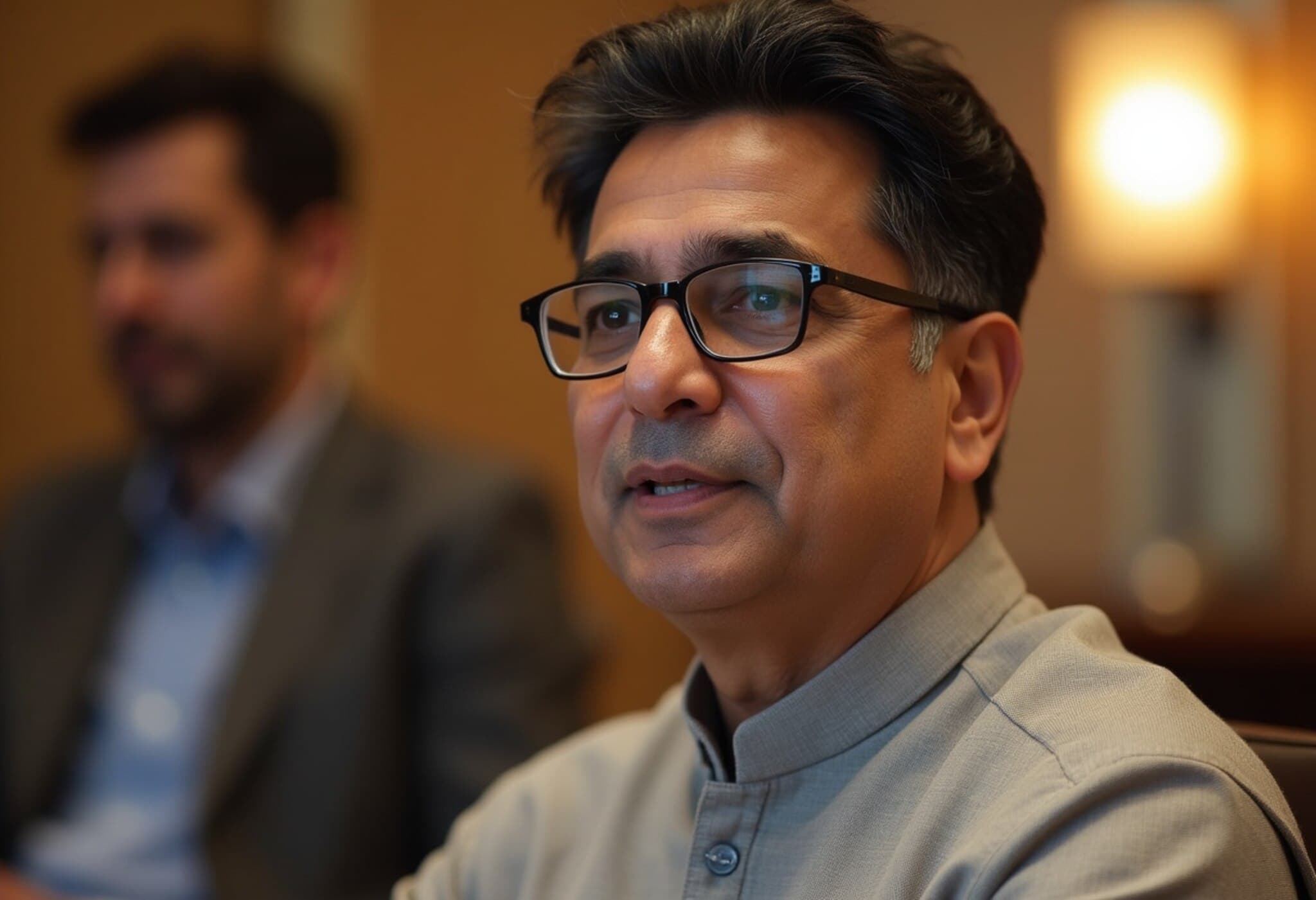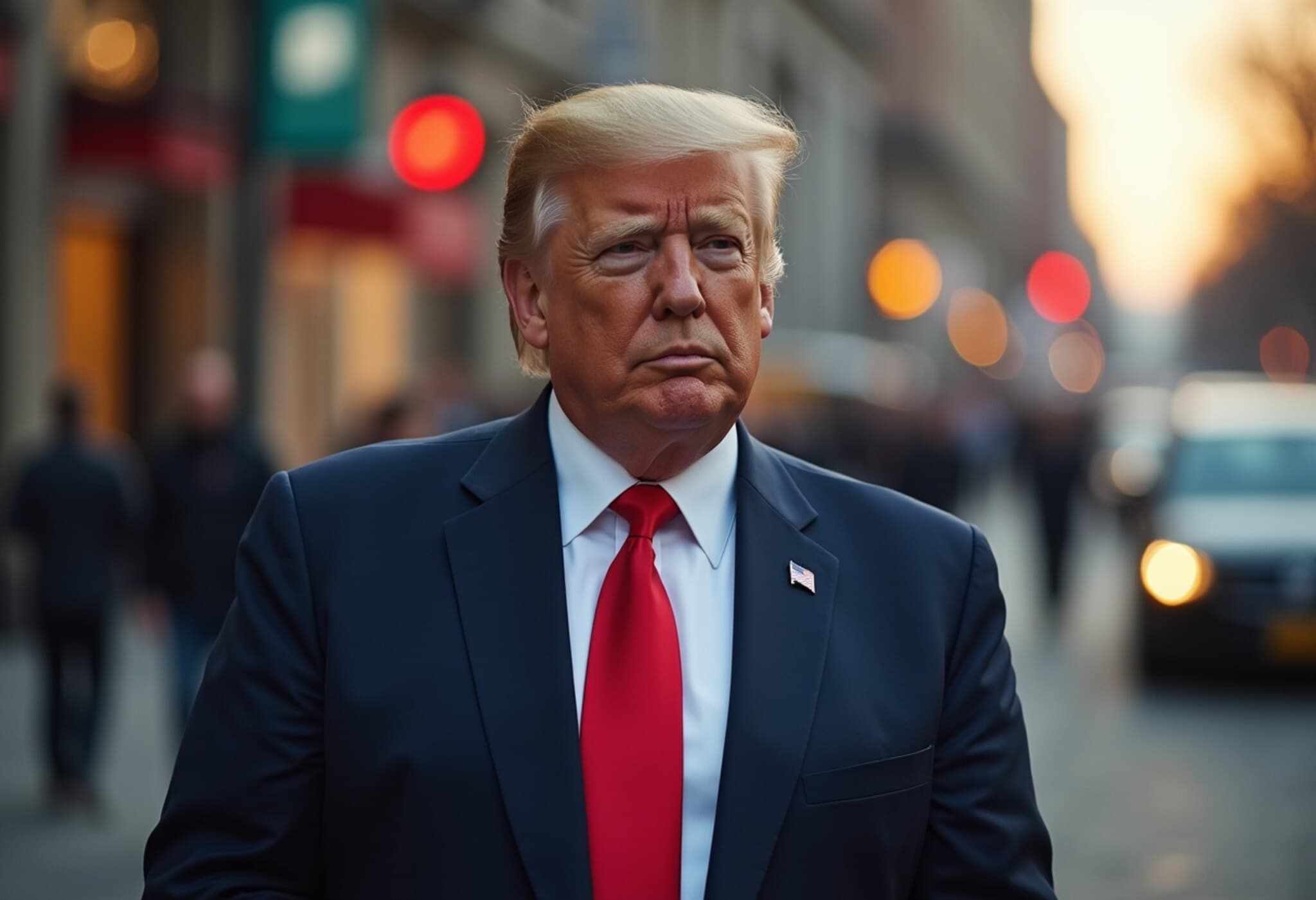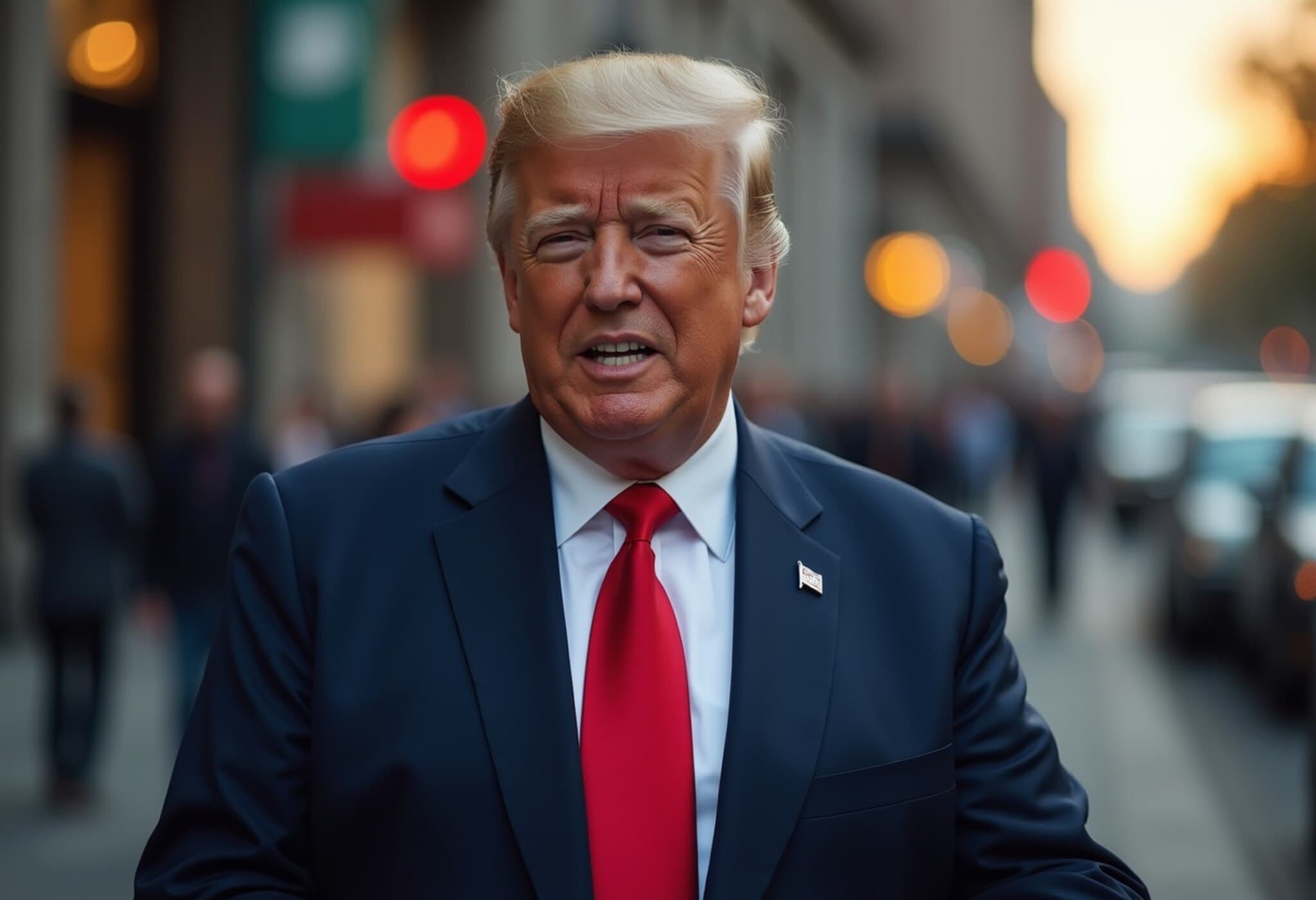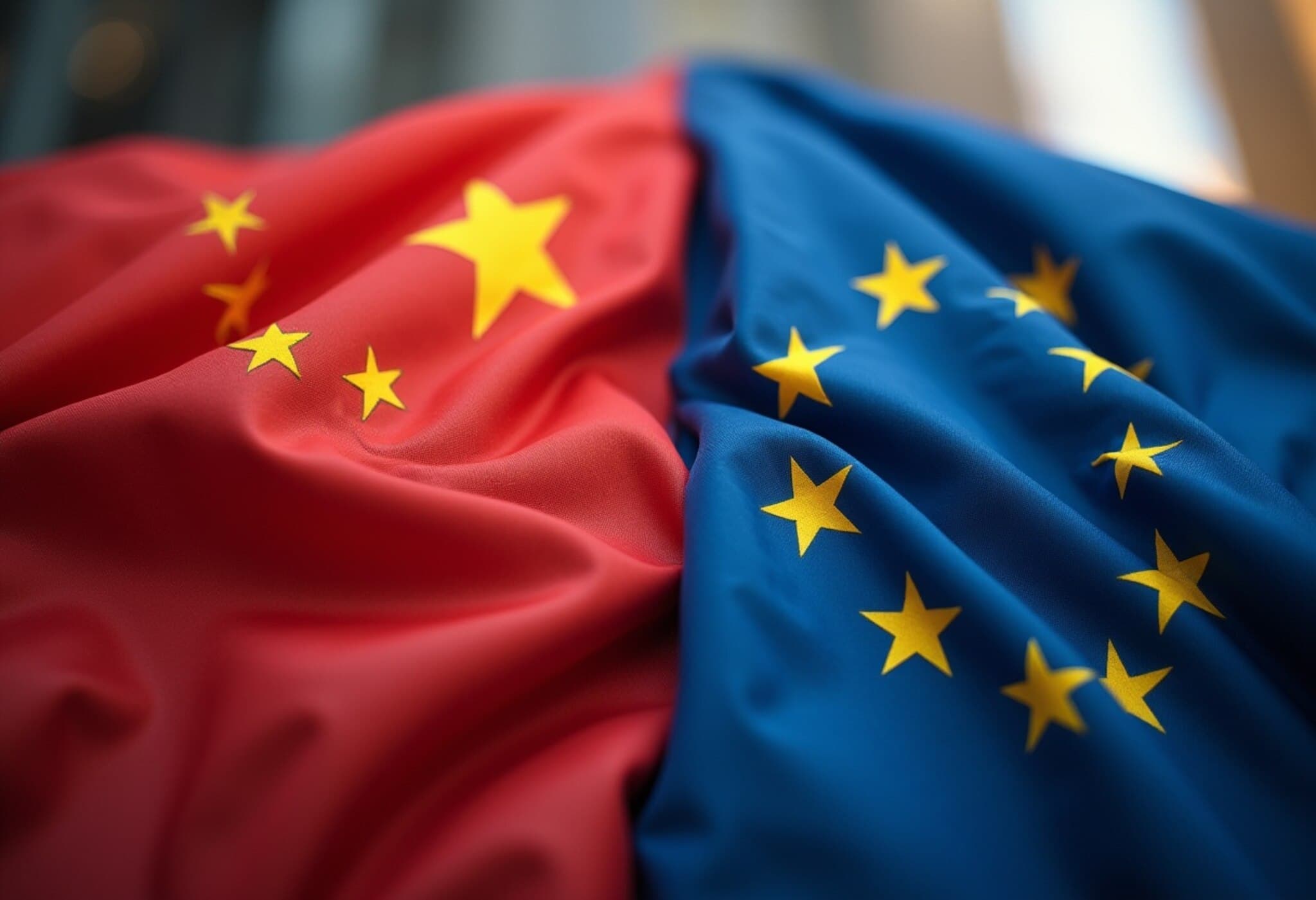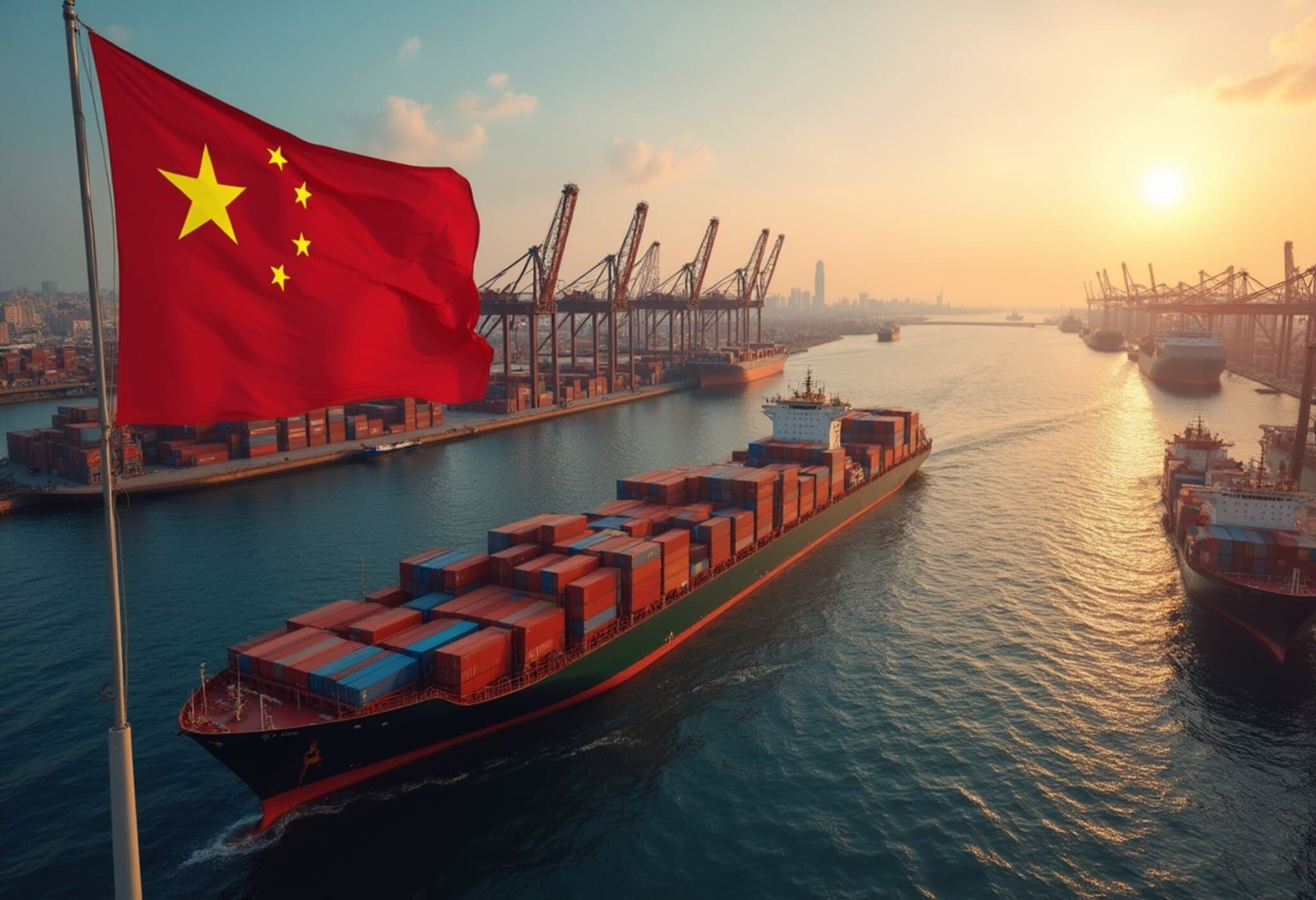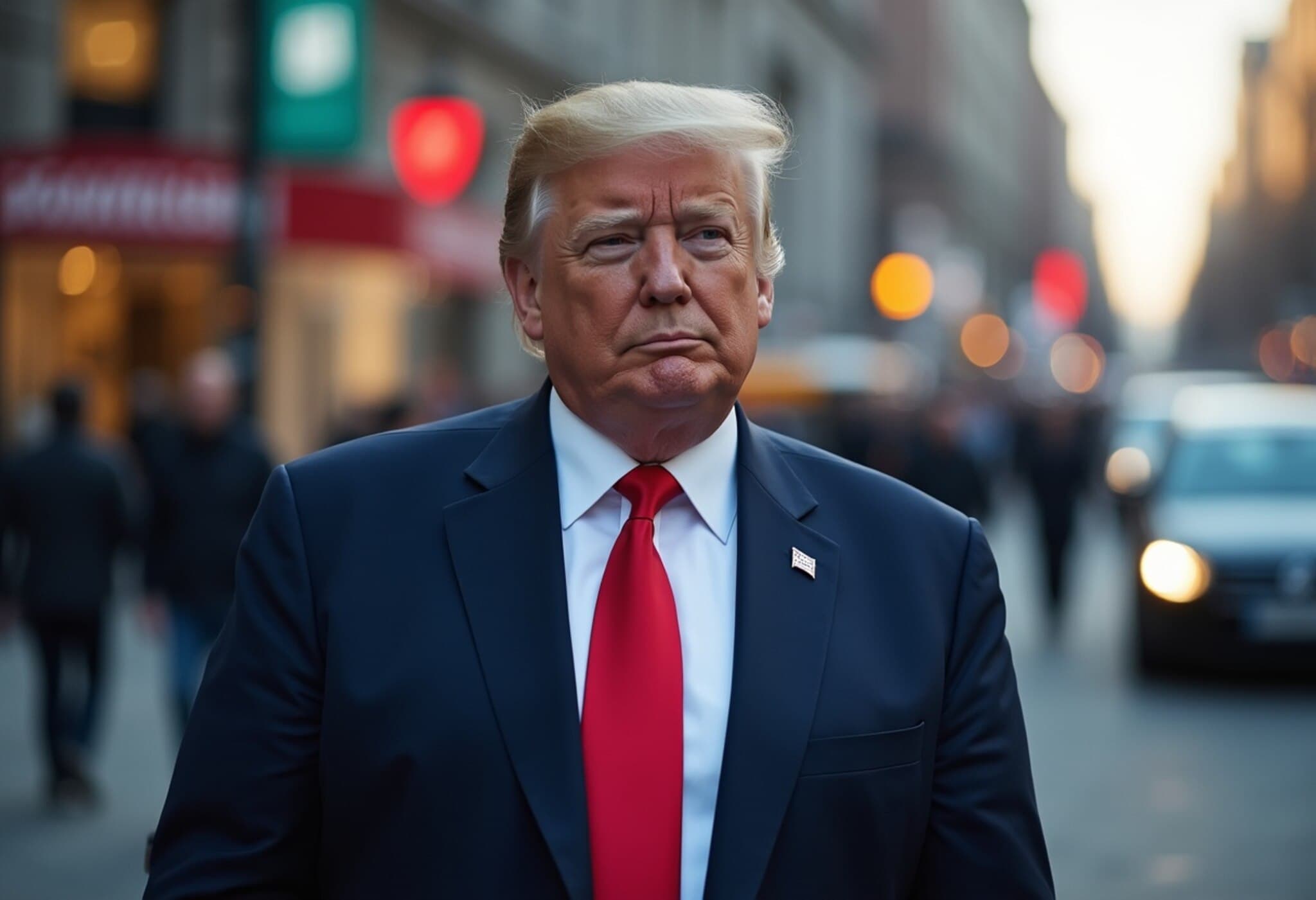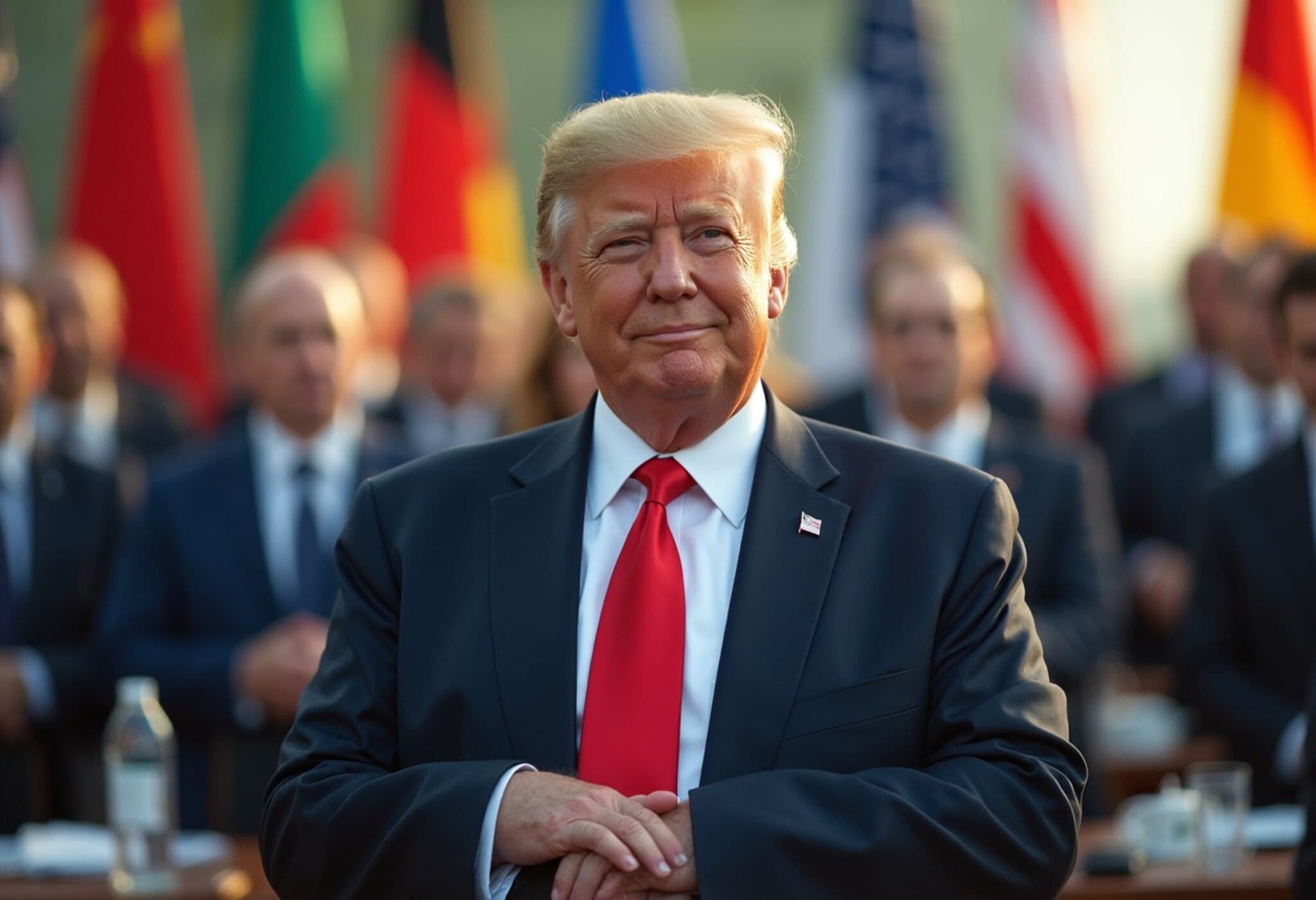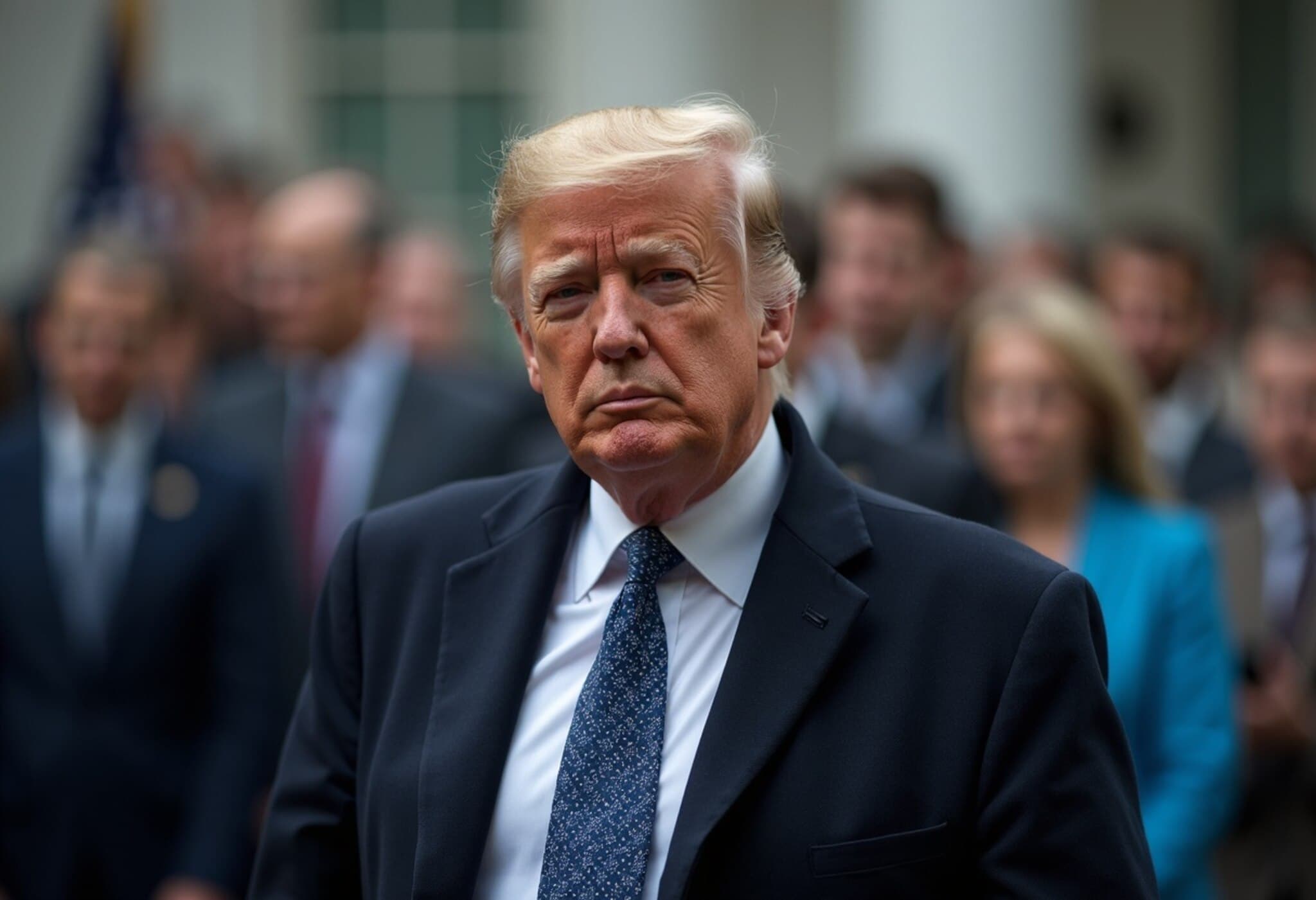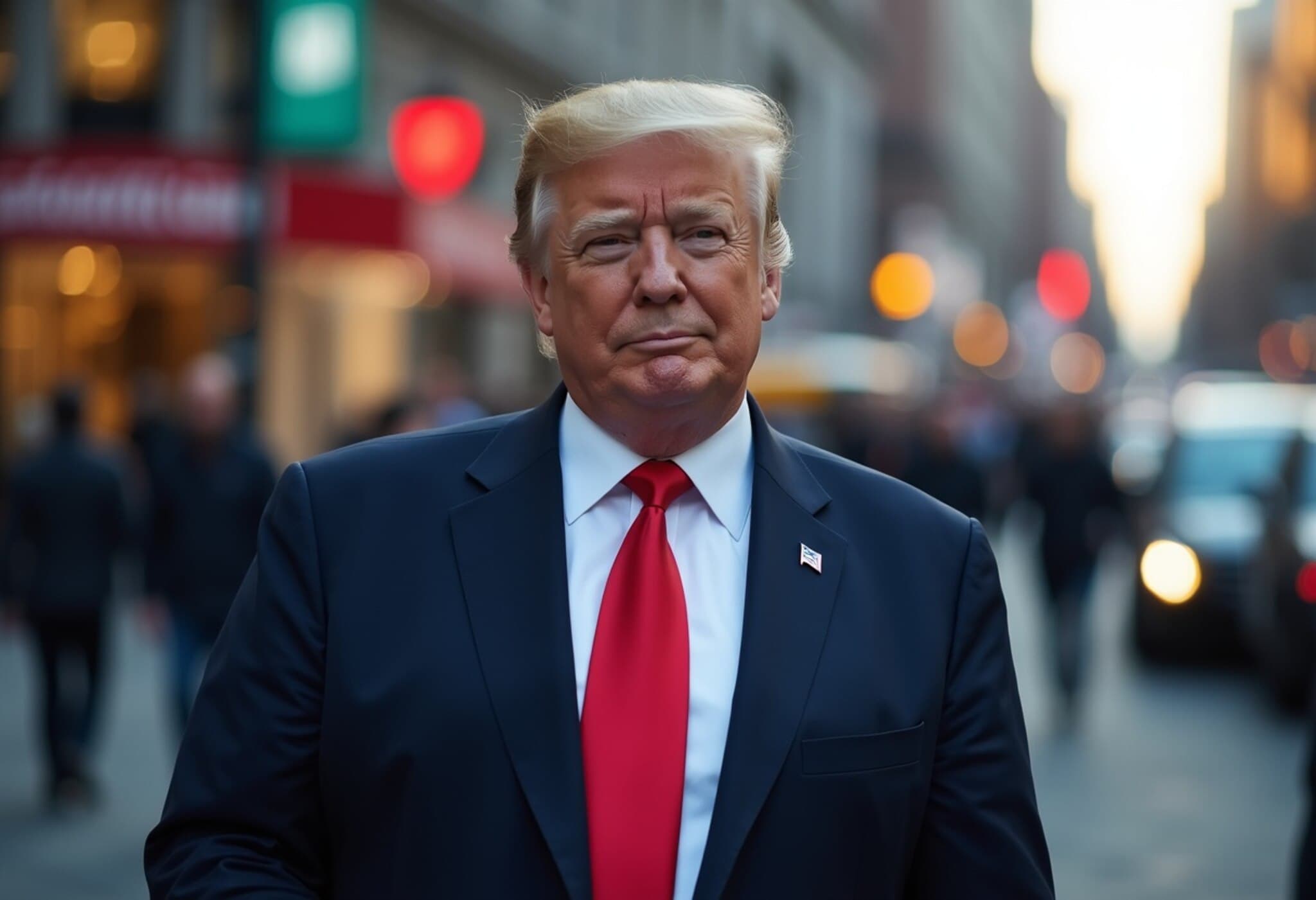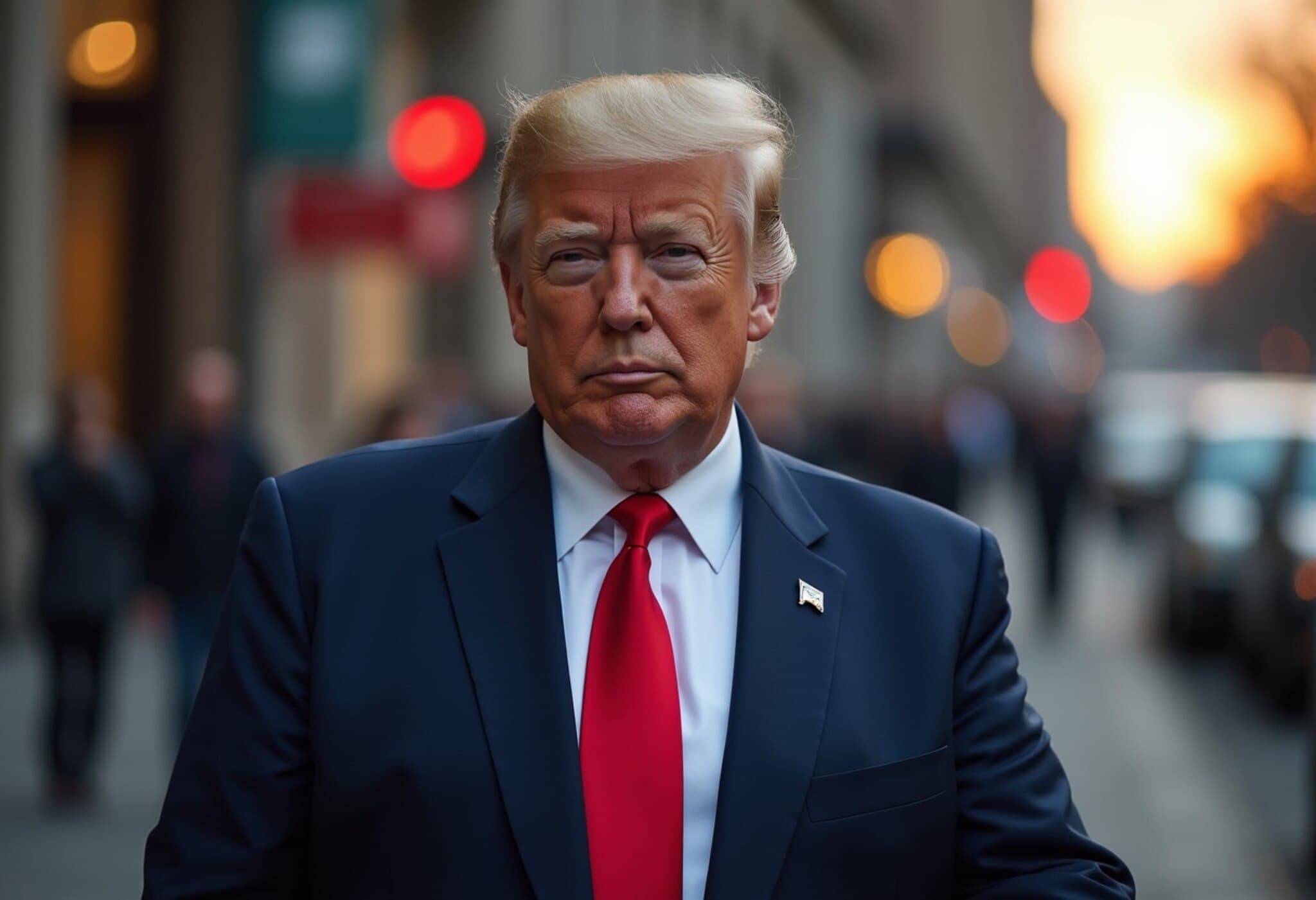India Pushes for Preferential Tariffs in U.S. Trade Negotiations
India is aiming to secure preferential tariff rates in its ongoing trade talks with the United States, striving for terms more favorable than those afforded to economic competitors like Japan and Vietnam. India's Commerce and Industry Minister, Piyush Goyal, voiced optimistic sentiments about the progress of negotiations, underscoring New Delhi's confidence as it seeks to deepen economic ties with Washington.
Strategic Engagement with the U.S.
Leading the charge on behalf of India, Minister Goyal highlighted the nation’s early and active role in the talks: "India will get a preferential tariff compared to our peers and competitors because we were amongst the first to get into negotiations," he told CNBC. This proactive approach is intended to help India achieve its ambitious goal of $500 billion in bilateral trade by 2030, a target championed by Prime Minister Narendra Modi.
Goyal’s relationship with the U.S. Commerce Secretary, Howard Lutnick, sets a positive tone for the discussions. Both sides appear committed to forging a deal beneficial to their economies and supportive of their respective business communities.
Business Leaders Echo Confidence
Industry voices in India foresee a strong negotiating stance in Washington. Keshav Murugesh, chairman of the Confederation of Indian Industry UK Business Forum and CEO of WNS, remarked that Indian negotiators intend to approach the talks "strictly on merits" and emphasized that India will not be a pushover. Murugesh further noted the U.S. administration's interest in a fruitful partnership with India, recognizing India’s growing economic clout as “the future.”
A Deliberate Shift in Trade Strategy
India's pursuit of a robust trade deal with the U.S. aligns with a broader strategic pivot toward partnerships with developed economies that complement India’s growth trajectory. Goyal pointed to India’s exit from the Regional Comprehensive Economic Partnership, underscoring concerns that such a pact might have inadvertently mirrored a China-India free trade agreement, raising strategic and competitive alarms.
Lessons from the U.K. Deal
The announcement of a finalized India-U.K. free trade agreement on the same day further illustrates India’s evolving trade philosophy. Under this new pact, the U.K. will enjoy reduced tariffs on products such as whisky and automobiles gradually over several years, while India gains tariff-free access on 99% of imports from the outset. This milestone deal serves as a model for India’s anticipated outcomes with the U.S.
Addressing Sensitive Issues
Despite these positive developments, Minister Goyal acknowledged the persistent sensitivities, particularly in agriculture, a sector pivotal to India's economy and political landscape. While he stopped short of detailing agricultural specifics in the U.S. talks, he emphatically stressed the government’s commitment to safeguarding farmers and Micro, Small, and Medium Enterprises (MSMEs).
“We are always very sensitive to the interests of our farmers and MSMEs and will ensure that our areas of concern are well protected,” Goyal said. He also noted that the U.S. administration understands these priorities, reflecting mutual respect for each country’s domestic imperatives.
Looking Ahead
As India and the U.S. edge closer to a landmark trade agreement, several questions linger: how will sensitive sectors be balanced? Will India’s insistence on preferential treatment reshape U.S. trade policies toward Asia? And what impact will this have on the global trade landscape amid evolving geopolitical tensions?
What remains clear is that India is emerging as a formidable player on the trade negotiation stage, bolstered by strategic foresight and a growing economic footprint. The talks with the U.S. promise to be a defining moment in shaping 21st-century trade relations between two of the world's largest democracies.
Editor’s Note
The evolving India-U.S. trade negotiations reveal more than just tariff discussions; they encapsulate a broader shift in global economic alliances and strategic partnerships. India's resolute stance on securing preferential tariffs underscores its desire to position itself firmly as a global economic powerhouse with negotiating leverage. For American policymakers and businesses, these talks offer opportunities—but also require careful navigation of complex domestic sensitivities and international competition. As negotiations advance, stakeholders should watch closely how agricultural protections, MSME concerns, and geopolitical considerations are balanced, shaping not only bilateral trade but broader economic dynamics in Asia and beyond.

